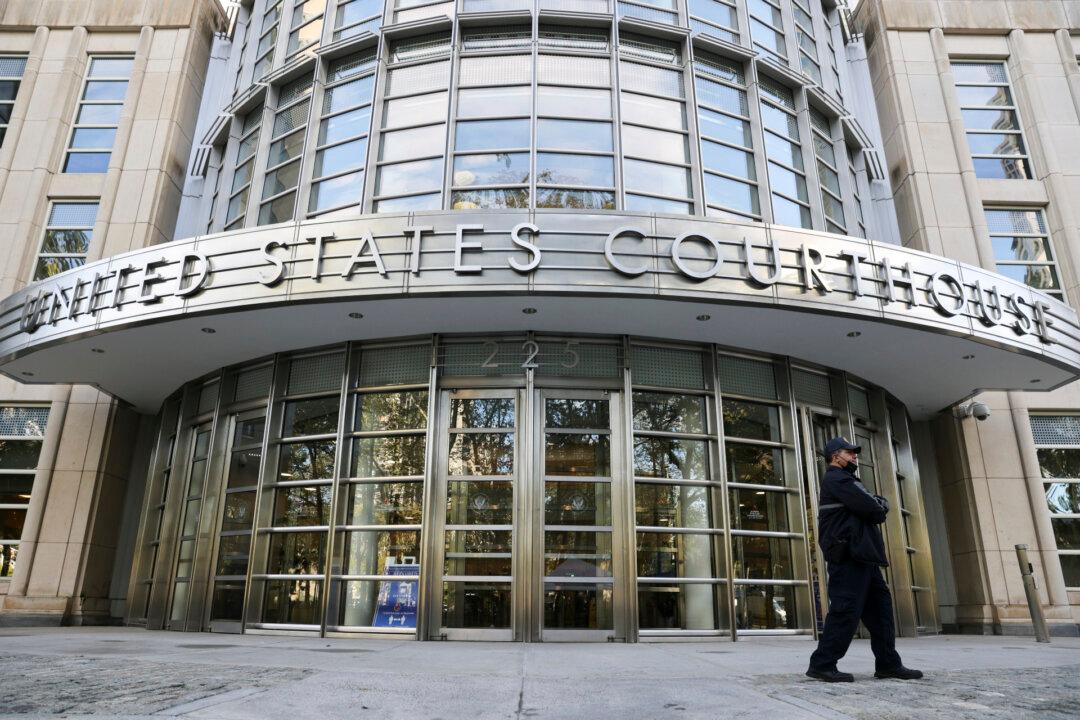The federal government’s method of searching through information incidentally collected on U.S.-based individuals violates the U.S. Constitution’s Fourth Amendment, a federal judge has ruled.
“To countenance this practice would convert Section 702 into precisely what Defendant has labeled it—a tool for law enforcement to run ‘backdoor searches’ that circumvent the Fourth Amendment,” U.S. District Judge LaShann Dearcy Hall said in the ruling, which was released on Jan. 21.





